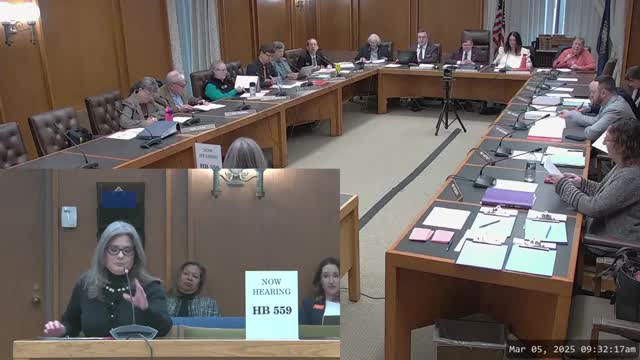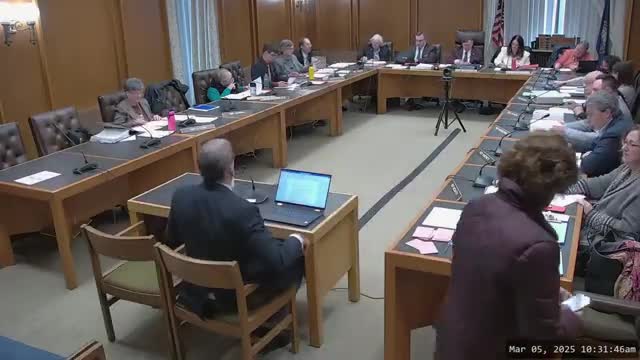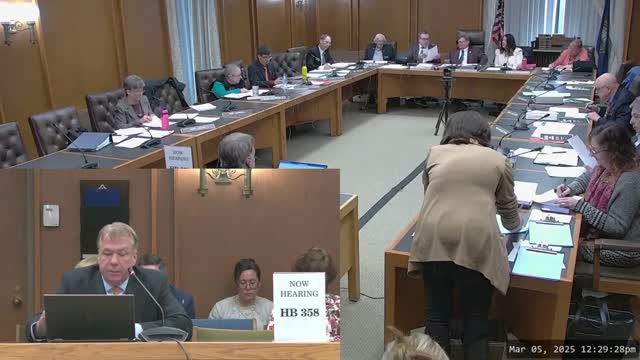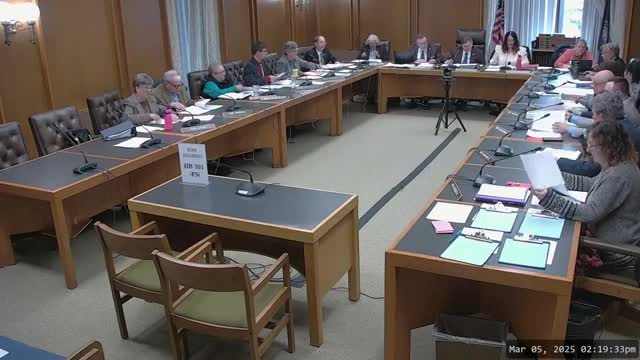Article not found
This article is no longer available. But don't worry—we've gathered other articles that discuss the same topic.

Committee hears bill to restore COVID-era option letting firefighter drive ambulance when EMT staffing is low

Committee hears sharp debate over bill to remove DHHS rulemaking power to add school vaccine mandates

Sponsors seek to clarify religious‑exemption paperwork after county and school confusion; DHHS urges standardized form for outbreak response

